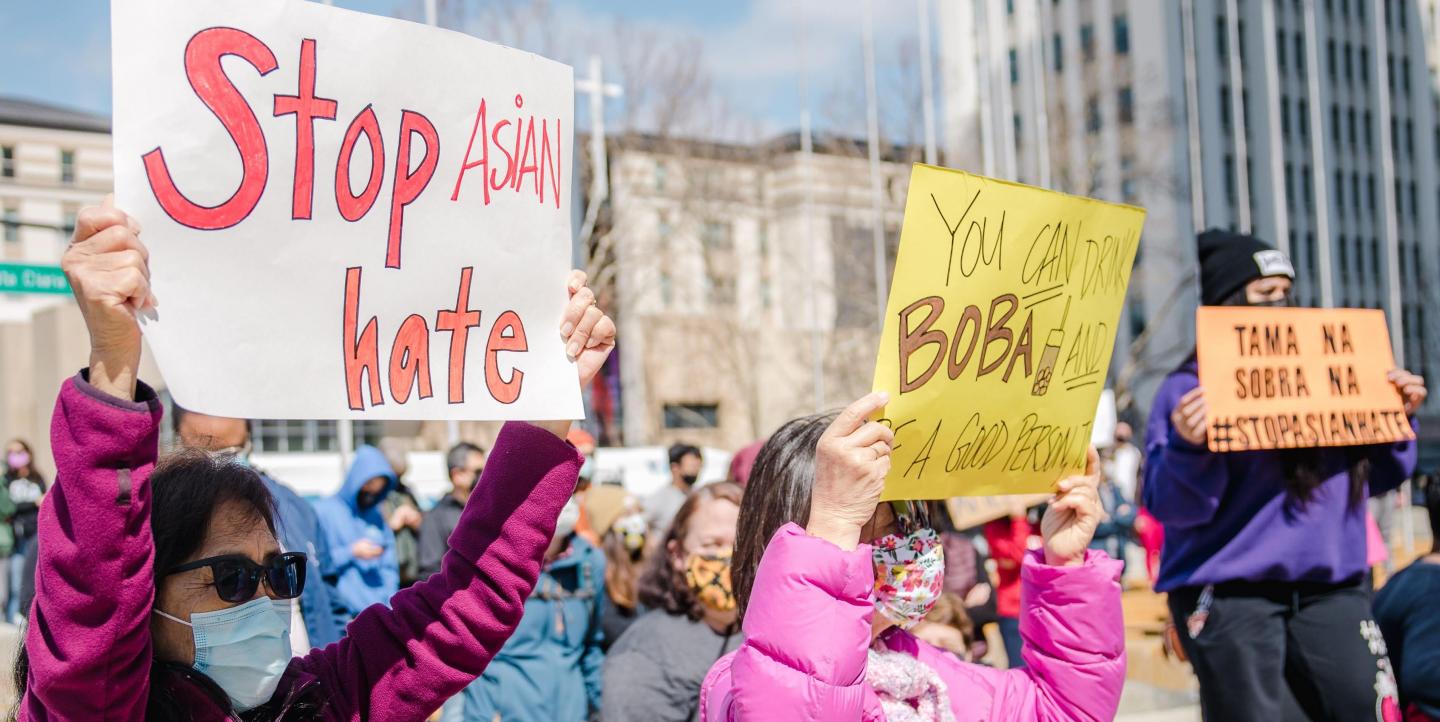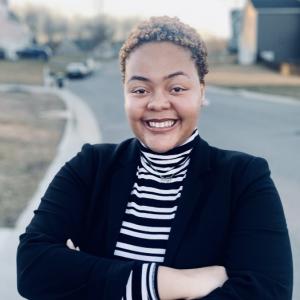Last year, hate crimes against Asian communities in the U.S. rose by 145%. In 2020, calls for racial justice also swept the world following the killing of George Floyd. With hate crimes against certain communities on the rise, and citizens becoming more aware of such incidents, journalists have been tasked with reporting on them more than before.
In an online panel organized by the National Press Club Journalism Institute, titled, Hate Crime Coverage: How journalists can get it right, speakers offered tips on how reporters can improve their reporting on incidents motivated by hate, and the communities who are affected by them.
The session featured Moriah Balingit, president of the Washington, D.C. chapter of the Asian American Journalists Association and an education reporter for The Washington Post; Lecia Brooks, chief of staff at the Southern Poverty Law Center and an educator on hate crimes and the American Civil Rights movement, and Tara Rosenblum, an award-winning senior investigative reporter for the News 12 Network who led a two-year-long project documenting incidents of hate across New York, New Jersey and Connecticut. Rachel Oswald, a reporter for CQ Roll Call and Journalism Institute professional development team lead, moderated the discussion.
Seeing interviewees as survivors
The panelists stressed the importance of seeing the communities and individuals targeted in hate crimes as more than victims. Oftentimes journalists report on these communities as victims only. Many, however, prefer to be recognized instead for their resistance and perseverance.
“I found out through this process the best thing you can do is ask them how they want to be labeled in your story. I’ve interviewed dozens of people who had experienced extreme forms of hate for this coverage,” said Rosenblum. “Nine out of 10 times their answer was ‘survivor.’”
[Read more: Advice for interviewing survivors of sexual violence]
Holding law enforcement and politicians accountable
Panelists discussed how journalists have the power to hold law enforcement and politicians accountable when it comes to reporting and tracking hate crimes in their communities.
“I think it would be a great idea for journalists to put pressure on those agencies. It increases the community's sense of comfort and care that law enforcement is going to respond,” said Brooks. “If law enforcement agencies say that these hate crimes don't occur, then people who come from groups that are typically victimized have no faith whatsoever in law enforcement and then in turn, don't report.”
Another way journalists can hold officials accountable is by continuing to ask them questions and produce reporting on the issue.
“Keep at it,” said Rosenblum. “If you're filling out FOIL reports, especially for those agencies that aren't cooperating with you when they know that there are eyes on them and you're not going away, it makes a difference when it comes to accountability.”
[Read more: Question and verify information — when it comes to the police, too]
Building relationships with communities
When hate crimes occur, many newsrooms have realized that they do not have helpful connections or know much about the survivors they’re reporting on, the panelists noted.
“We must move beyond this episodic coverage to actually just covering communities like the AAPI community. All communities of color would like to be covered, not just when they're under attack,” said Balingit.
To avoid knowledge gaps about the communities you’re reporting on, panelists suggested attending local events and speaking with residents about life and what’s going on in the area.
“Go out and just start talking to that group, those organizations, civic organizations, show up at church functions and start having conversations with them, just like you might do if you were covering city hall,” said Balingit.
Jamaija Rhoades is an intern with IJNet.
Photo by Jason Leung on Unsplash


